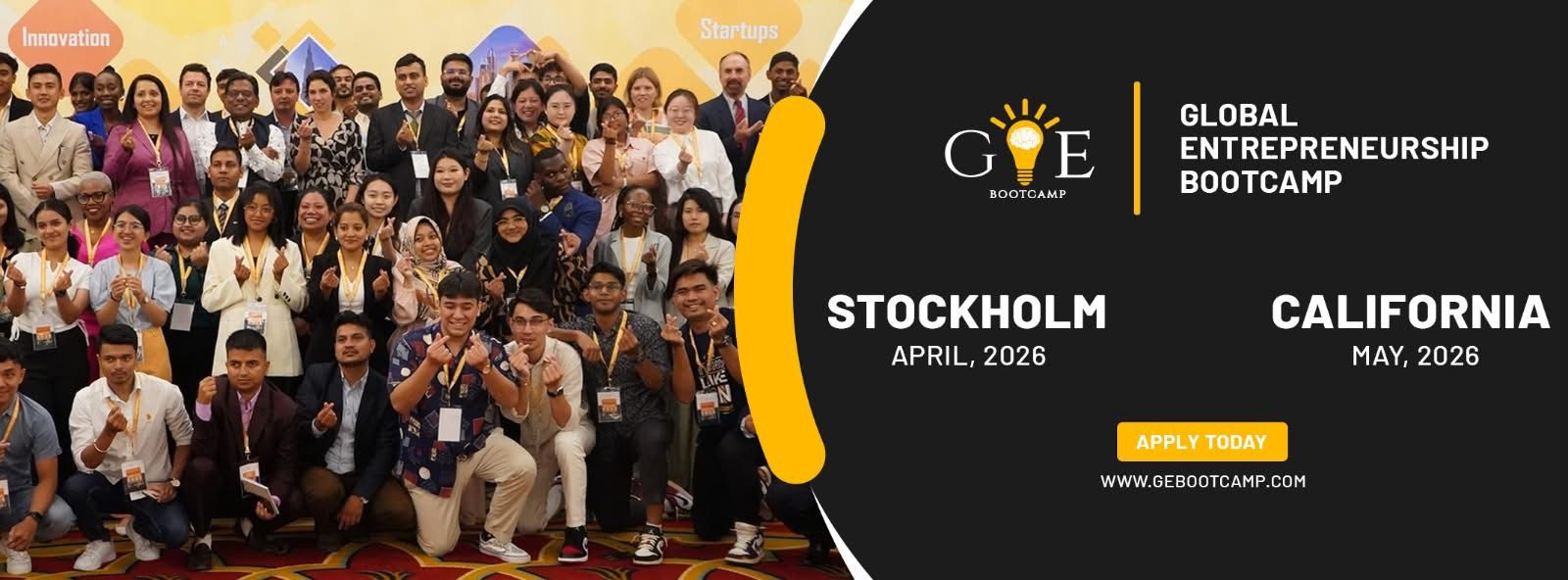
Details
Applications are open for Boysen-TU Dresden Summer School 2021. The Technical University of Dresden and the Boysen – TUD – Research Training Group calls you to the 1st Mobility in Transition Summer School. It will be an academic space for MSc students, PhD students and young professionals. It is the forum to discuss challenges arising from the mobility transition, the disruptive technologies driving it and the role of society.
Mobility is in transition. Today’s mobility of people and goods is undergoing a fundamental and long-term change: While many countries worldwide shift away from the traditional car-friendly paradigm to promote sustainable transport such as cycling, walking, and public transport, there is also a push towards the electrification of motorized vehicles and the search for alternative engine technologies across the automotive industry. Which challenges stem from the mobility transition? Which disruptive technologies and innovations drive the mobility transition? Which technological and societal solutions on an international scale should be pursued to foster the mobility transition?
Join the program from the 20th to the 21st of July, 2021, for the Boysen-TU Dresden Summer School 2021 to find out more about ‘Mobility in Transition’ and interdisciplinary facets of this global socio-technical transition.
This Special Issue aims to highlight scientifically sound ways to innovate and bring about sustainable change in mobility against the background of ongoing technological advancement and dynamic changes in social requirements. Mobility will be addressed at different levels—both in terms of transporting goods and in the movement of people.
In order to effectively counter negative effects of increasing mobility, such as increased pollution and the excessive consumption of non-renewable resources, as well as to meet the changing demands of dynamic societies regarding the design of mobility concepts, extensive measures remain necessary. Approaches to reducing the excessive use of resources by traffic appear to be necessary and sensible in order to identify and develop previously untapped innovation potential for the reimagining of mobility concepts.
The coronavirus pandemic has demonstrated the tremendous power and dynamism with which processes of change have disrupted the status quo in our globally networked and increasingly digitized world and with which established mobility habits have experienced sudden change. The unleashed digitization has created new options for replacing physical mobility with communication and virtual traffic on the one hand, and generating new traffic on the other, for example through increased online shopping.
Existing research does not adequately deal with many of the aforementioned factors of social mobility, especially when it comes to analyses with a transdisciplinary approach. Above all, work is required in the following areas:
- technical innovations for reducing emissions and resource consumption;
- organizational innovations that increase resource efficiency or reduce the use of resources and make mobility more flexible;
- innovative mobility concepts, against the background of diverse and dynamic requirements and motives of an individual and social nature;
- ways to ensure desirable acceptance of new technical solutions and new mobility concepts, as well as ways to identify mobility-related needs or to nudge changes in behavior.
This Special Issue is just as open to findings from basic research as it is to specific case studies. Contributions from various disciplines are welcome—from STEM disciplines as well as from economics and social sciences. The following are listed here as examples:
- Transport and Traffic Sciences;
- Engineering;
- (Behavioral) Economics;
- Psychology; and
- Media and Communication Studies.
Special emphasis will be placed on transdisciplinary perspectives that deal with applied issues in integrative approaches, amalgamating methods from different disciplines.
Eligibility
- Open to MSc Students, PhD students, and young professionals across the world.
Specifications
| Type of Opportunity | Exchange Programs |
|---|---|
| Deadline | 16 July,2021 |
| Country | Germany |
| Open to | All |
| Organizer | The Technical University of Dresden and the Boysen |
